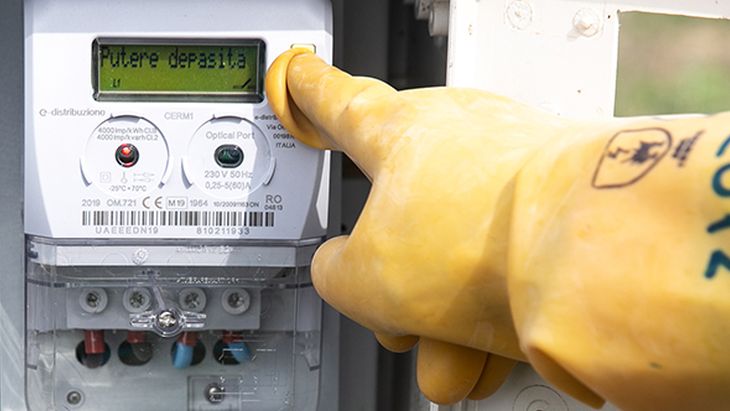The obligation of the distribution operator to ensure the financing and carrying out of the connection design and execution works for certain non-domestic final customers, as introduced by Law 158/2023, in force from June 03, 2023, raises numerous problems, warns the ACUE Federation, in a press release.
First of all, the measure establishes a discriminatory treatment for certain categories of economic operators, which violates the principle of equal rights, guaranteed by the Romanian Constitution. Thus, the free connection offered to some categories of non-household customers – those in the food industry and agriculture (including irrigation systems) – is a “socialization” of the connection cost, as it is initially financed by the distribution operator and later recognized by the distribution tariff, applicable to all customers in the respective concession area. The socialization of the costs of some works among all the customers of the same distribution operator generates discrimination, respectively the favoring of certain consumers. The measure can be qualified as state aid, as it represents a transfer of state resources,
Moreover, the measure establishes an additional cost for consumers, as the counter value of these costs is to be borne by the energy distributor, who will recover them by recognizing them in the tariff. In other words, according to the provisions applicable to a regulated field, such as the energy distribution sector, the cost related to facilities of this kind will be found in the value of the distribution tariff for all customers, domestic and non-domestic, in the respective concession area.
In the past, “the idea of gratuity led to an unsustainable increase in the number of applications”, emphasizes Dana Dărăban, Executive Director of the ACUE Federation. “The distribution companies were unable to allocate the necessary resources (human and financial) for the simultaneous execution of both the pre-existing obligations through the annual investment programs approved by ANRE, as well as the additional obligations that resulted from the legislative changes. In the case of the exceptions introduced by Law 158/2023, these costs will put additional pressure on distribution tariffs and, last but not least, will affect other types of scheduled investments.”
ACUE suggests a different approach, in line with national and European legislation, which is to apply dedicated state aid schemes to these sectors and not to modify the primary legislative framework governing the energy sector, in a way that may be susceptible to impermissible state aid .
Another feasible solution is to attract European funds for new networks and network extensions for the exclusive purpose of developing irrigation services and sectors with CAEN code agriculture, ACUE added.
